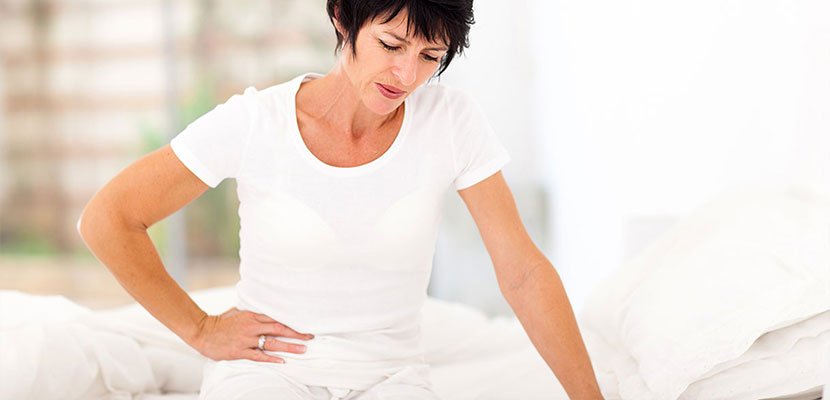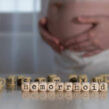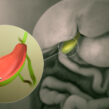When you develop painful gallstones or have any gall bladder infection, your doctor may advise you to remove your gall bladder. No matter how frightening it may sound, rest assured, you can still lead a healthy life without your gall bladder. However, you may have to make some small yet impactful lifestyle and diet changes to minimize your discomfort after a gall bladder surgery.
Here are some super helpful tips that you can use to stay comfortably after your surgery.
Table Of Contents
- Take your recovery slowly and allow enough time for healing
- Add solid food gradually and keep your diet simple
- Eat meals in frequent small portions
- Go easy on high fatty foods
- Keep a food journal of your dietary habits
- Reach us
Take your recovery slowly and allow enough time for healing
While gall bladder surgery is relatively safe and straightforward, it has some repercussions such as,
- Tummy pain
- Bloating
- Nausea and vomiting
- Indigestion
- Loose stools
- Jaundice
Your body will take anywhere from 1–6 weeks to heal from gall bladder surgery, depending on your health status. Make sure you give at least a week or 2 of healing time before you go back into your normal life.
Add solid food gradually and keep your diet simple
For the first few days of your recovery post surgery, limit your diet to clear fluids. If your gut tolerates the fluids well, you can gradually add solid foods back into your diet, starting with low-fiber foods such as white rice, white bread, and steamed vegetables.
However, keep in mind that raw produces or high fiber foods are difficult to digest and may even cause bloating and other symptoms in the early recovery period.
Eat meals in frequent small portions
As you continue to recover from your surgery, your dietary need will fluctuate a little bit, which is normal. During this time, eating excessive food in a single large meal can strain your liver, resulting in poor digestion, gas, and other symptoms. Split your diet into small portions and eat frequent meals or snacks every day.
Go easy on high fatty foods
Because bile juice stored inside your gall bladder help in fat digestion, you may temporarily (few weeks) need to cut back on your fat intake after your surgery to avoid discomfort. Instead, stick to low-fat (that provides a maximum of 3 grams of fat) high fiber foods like:
- Cereals and whole grains
- Lentils and beans
- Skim milk
- Yogurt and low-fat curd
- Seasonal fruits and vegetables
Eventually, your digestive system will adapt to this new absence and deliver bile directly into your gut to assist fat digestion.
Keep a food journal of your dietary habits
Pay attention to and watch out for the food choices you make in the first 3–4 weeks after your surgery. Keep a diary about the foods you take, so you can figure out what foods or ingredients are hurting you. Also, it will help you realize the food-related pitfalls that might have increased your risk of other serious diseases, eventually helping you improve your health.
You may also want to cut down on foods that can worsen your diarrhea that include:
- Caffeinated drinks
- Dairy products
- Very spicy food
- Sugar substitutes, including sorbitol
Having your gallbladder removed isn’t as difficult as you might think. These post-surgery habits encourage you to make healthier food choices and be mindful about the foods that cause discomfort. Therefore, follow the above tips and consider sticking with this new diet plan if you want to stay healthy in the long term.
Reach us
If you are looking for an effective treatment for gall bladder stones, then get in touch with us via email or phone call. Our specialist, Dr. Parthasarathy is one of the most renowned surgical gastroenterologists in Hyderabad, India. He has about 15 years of experience and has performed 3000+ advanced laparoscopic procedures, also he performs more than a hundred successful surgeries for gall bladder every year.



